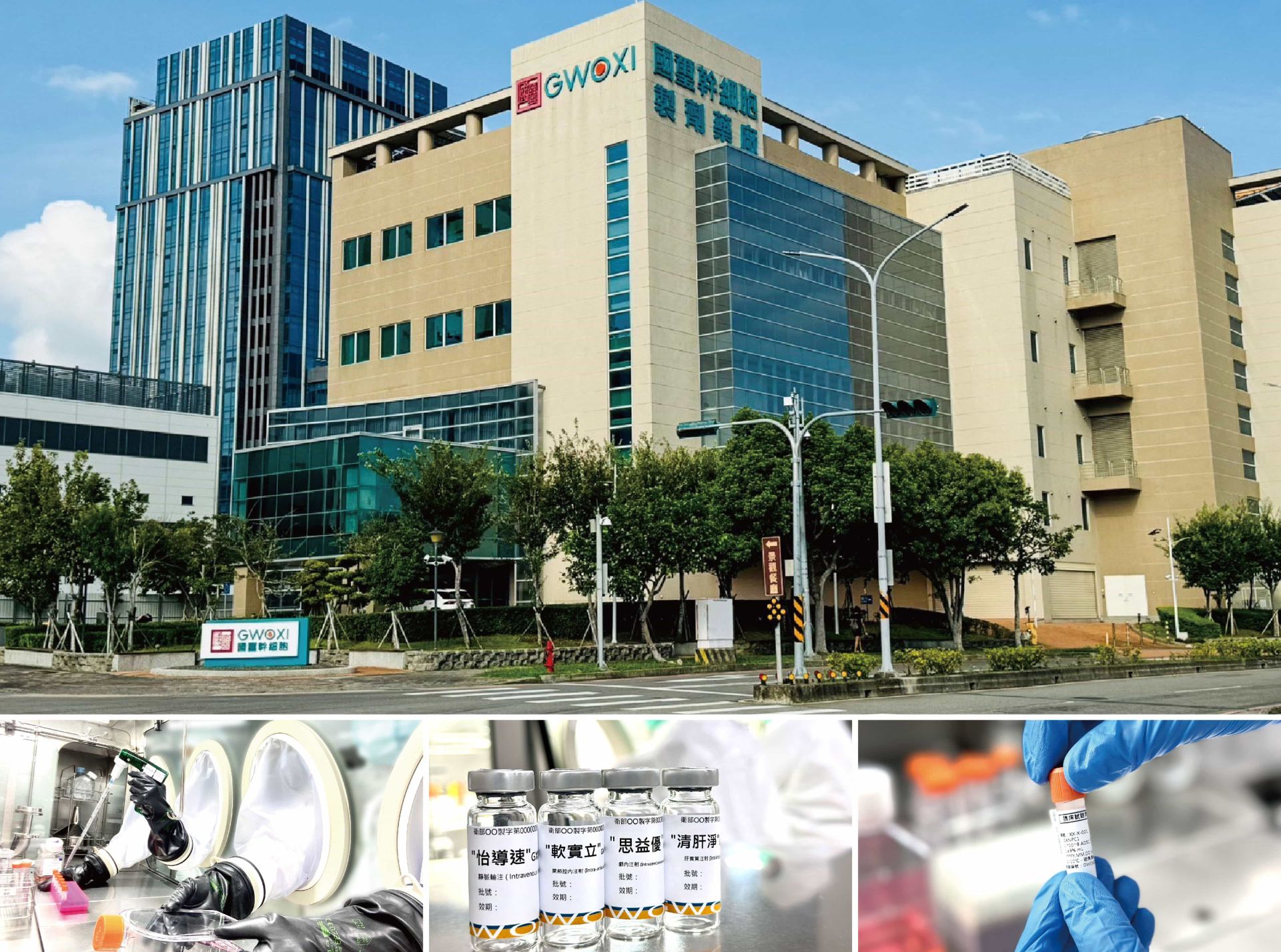GWOXI Stem Cell Company Powers Local Regenerative Medicine, Partners with Japan to Open a New Era

Gwo Xi has developed four stem cell therapy products, two of which are progressing toward Phase III clinical trials.
HSINCHU, July 3, 2025 /PRNewswire/ -- Gwo Xi Stem Cell Applied Technology Co., Ltd. (TPEx: 6704) is a clinical-stage cell therapy company headquartered in Hsinchu, Taiwan, advancing mesenchymal stem cell (MSCs) therapies. Leveraging its patented technologies, the company's platform provides safer and potent therapies with solid evidence, which there are four stem cell therapy products have been verified by human clinical trials, and two of them have progressed toward phase III. In addition, the one targeting chronic stroke, GXNPC1®, is applying the conditional and time-limited 5-year approval in Taiwan to rapidly put the product into market, marking a significant milestone toward commercialization and international drug licensing transaction opportunities.
In addition to MSCs, exosomes are now being vigorously developed. Gwo Xi has adopted proprietary cell culture technologies to advance its exosome quality and potency. The exosome processed by Gwo Xi's platform, YBTTM, has been officially granted International Nomenclature of Cosmetic Ingredients (INCI) (INCI name: Human Adipose-Derived MSC Exosome, Mono ID: 37487). The YBTTM is well-positioned for clinical applications employing GMP standards, which can be applied to cosmetic products, aesthetic medicine, and regenerative medicine.
With an integrated platform focusing on regenerative medicine, Gwo Xi has established a PIC/S GMP-grade cell preparation factory in Hsinchu, Taiwan. The company offers comprehensive CDMO/CMO services for both stem cells and exosomes, solidifying its role as a key player in the global regenerative medicine supply chain.
Japan, recognized as a global leader in regenerative medicine, is projected to reach a market size of JPY 797.8 billion by 2030, according to a report by Fuji Keizai. Gwo Xi is actively seeking Japanese partners for drug licensing transactions, co-development, and clinical trial collaboration. Moreover, for cosmetic market, Gwo Xi is looking for partnership with premium skincare brands to co-develop anti-aging products possessing regenerative properties, ushering in a new era of advanced beauty solutions.
From July 9 to 11, the INTERPHEX Week and Regenerative Medicine Expo Tokyo will be held at Tokyo Big Sight, showcasing the latest technologies from the international pharmaceutical and regenerative medicine industries. During the exhibition, Gwo Xi will show the commodification process of four stem cell therapy products, including the safety and efficacy results in clinical trials, alongside applications of its MSC-derived exosomes. Welcome to join this prestigious international medical event in Japan.
Press Contact
Roy Tsai,Tina Zheng
Phone: 886-3-6585959
Mail: service@gwoxi.com
Gwo Xi Stem Cell Applied Technology Co., Ltd.
